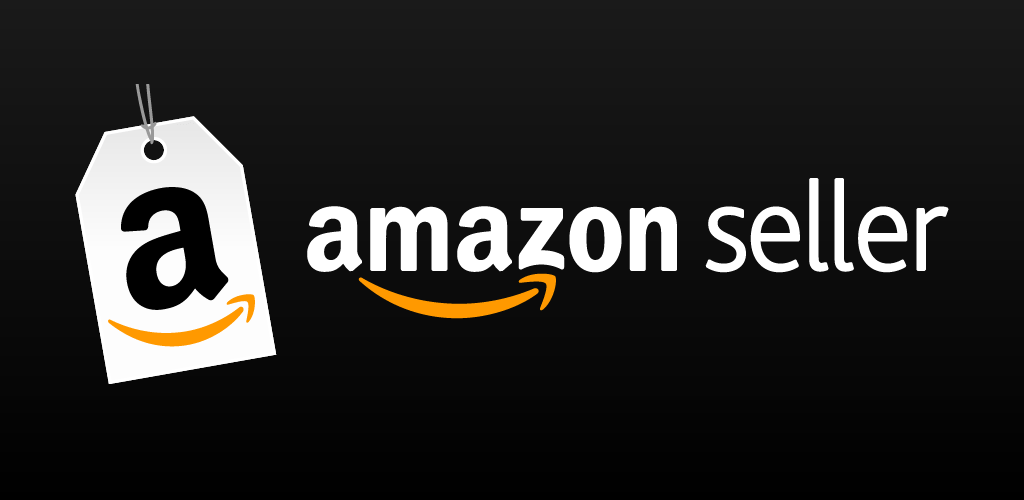The Amazon FBA program offers storage, packing, labelling and shipping services to sellers. It helps them scale and grow their businesses through Amazon’s worldwide fulfilment network.
Of course, it’s not all wine and caviar. FBA still comes with its challenges for sellers. These although, sometimes unrealised, are still disadvantages.
Pros of FBA
Shipping: Both shipping speed and price are huge factors that impact whether a customer will purchase any given product on Amazon.
FBA items receive free shipping on eligible orders and automatically qualify for Amazon Prime free Two-Day Shipping.
Customers are always drawn toward listings with free shipping. In a competitive market place this factor alone can be the difference between success and failure.
Customer Service and Returns: Amazon offers 24/7 customer support via email and over the phone. They also manage the returns process end to end, dealing with the buyer and organising a replacement or refund.
Multi-Channel Amazon Fulfilment: FBA can be used to fulfil orders from other sales channels like a website or eBay. Amazon basically pick, pack and ship your item using the inventory stored in their Fulfilment Centres to a customer address you provide.
Reputation: Amazon is one of the most well trusted brands in the world. When utilising FBA, sellers essentially leverage the reputation Amazon has established over many years. When a seller has “Fulfilment by Amazon” on a listing, it boosts buyer confidence and can help close a sale.
Stock requirements: There is no minimum requirement for inventory sent to and stored in a fulfilment centre. If sellers want to start trading on a smaller scale they can do so without penalty.
Cons of FBA
Commingling: This is essentially the pooling of identical inventory from multiple sellers at Amazon’s fulfilment centres. This means products shipped to a buyer may not necessarily be the products sent into Amazon by the seller.
Commingling can make product quality control very difficult. Sellers have received negative reviews or even faced legal action when damaged/counterfeit items were received by customers in lieu of the genuine item the sellers sent into Amazon.
*Commingling can be avoided by changing the settings under barcode preferences.
Cost: FBA is a great service but it still costs per unit sold. Sellers that don’t correctly factor in FBA fees can fall significantly short of their forecasted profits. Furthermore, if selling large or heavy items, FBA costs can skyrocket and greatly erode profit margins.
Inventory Management: Accurately calculating inventory requirements can be very difficult, particularly around busy periods. Too little stock and a seller stands to loose profit every day until it is replenished. Too much stock and a seller may face long term storage fees after six months.
Sending to Amazon: Some sellers struggle to prepare and ship items to Amazon’s fulfilment centres. There is a very specific process that must be followed, in particular regarding product labelling.
Competition: Although Amazon provide sellers with an incredible online infrastructure to sell through, they also compete against you with their own products. They essentially become a competitor, with a whole lot more resources at their disposal. It is worth monitoring just how much revenue Amazon is taking from your business with its own products.


